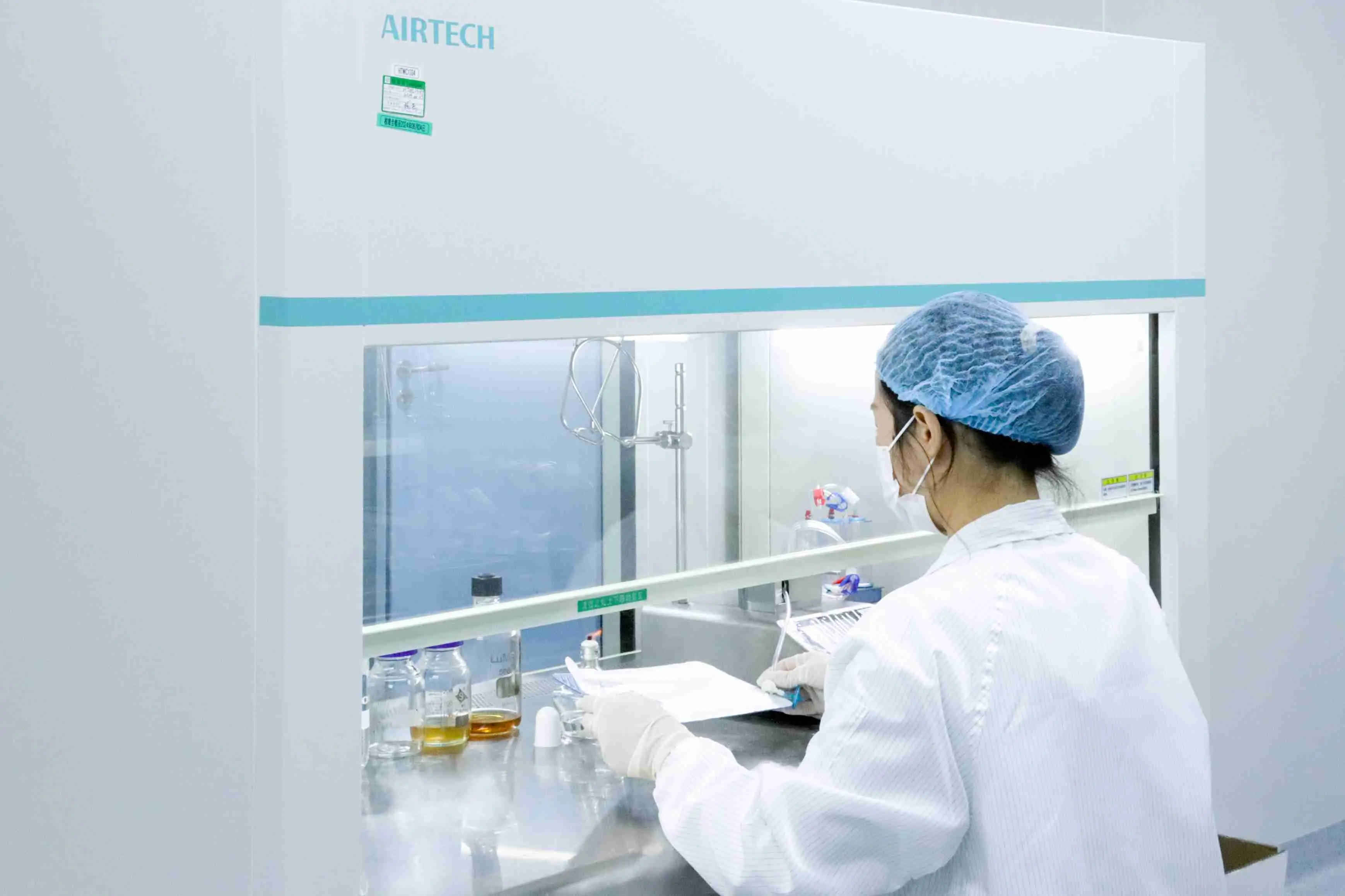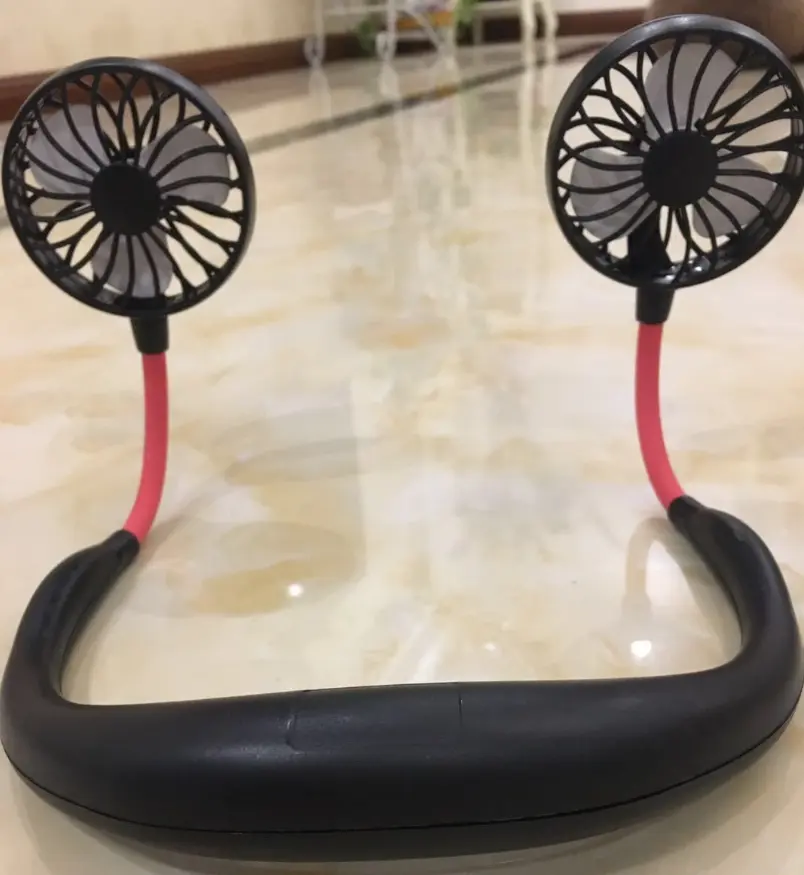
Electric Kettle RoHS Testing
ROHS certification is essential if an electric kettle is intended for export. Electric kettles are very familiar to us as they are used in our daily lives. With the development of technology, features like efficiency, safety, convenience, and energy utilization have become key attributes of electric kettles. These kettles typically use steam-sensing intelligent temperature control, with functions such as automatic power-off after boiling and dry-boil protection.
So, where can you obtain RoHS certification for an electric kettle? Shenzhen ZhongAn Testing offers RoHS certification services at competitive prices.
Electric Kettle RoHS Certification Fees
ROHS Testing can be categorized into: single component testing, whole unit testing, and integrated testing. The specific cost varies depending on the type of testing.
Chemical testing includes individual tests for metals and non-metals (10 items), as well as whole unit testing.
For products with up to 25 material groups, a list of raw materials and corresponding test reports must be provided.
To obtain an accurate RoHS testing quote, please provide product images and a material list. Based on past client cases, RoHS testing fees start from USD $450. The exact price depends on the complexity of the product. We offer RoHS certification, technical consultation, testing, and other service solutions to help you save costs with our experience and expertise.
Electric Kettle RoHS Certification Timeframe:
Currently, RoHS certification primarily tests for six substances: Lead (Pb), Mercury (Hg), Cadmium (Cd), Hexavalent Chromium (Cr6+), Polybrominated Biphenyls (PBB), and Polybrominated Diphenyl Ethers (PBDE). For standard products, the RoHS testing typically takes around 7 days once samples and documents are provided.
Directive 2011/65/EU was updated to include 10 substances under RoHS:
- Lead (Pb)
- Cadmium (Cd)
- Mercury (Hg)
- Hexavalent Chromium (Cr6+)
- Polybrominated Biphenyls (PBBs)
- Polybrominated Diphenyl Ethers (PBDEs)
- Dibutyl Phthalate (DBP)
- Butyl Benzyl Phthalate (BBP)
- Di(2-ethylhexyl) Phthalate (DEHP)
- Hexabromocyclododecane (HBCDD)
Electric Kettle RoHS Certification Process:
1) The client provides product images, a BOM (Bill of Materials), and an application form.
2) The lab reviews the materials and provides a quotation.
3) Upon quotation confirmation, the client signs the application and service agreement, pays the full project fee, and prepares test samples.
4) The client sends the samples to the JJR Lab in China for testing.
5) Once the testing is passed, a RoHS test report will be issued and the project is complete.
Email:hello@jjrlab.com
Write your message here and send it to us
 Electric Kettle RoHS Testing
Electric Kettle RoHS Testing
 Display RoHS Testing
Display RoHS Testing
 electric blanket rohs testing
electric blanket rohs testing
 ISO 10993-5 Tests for In Vitro Cytotoxicity
ISO 10993-5 Tests for In Vitro Cytotoxicity
 FDA Designated Cytotoxicity Testing Laboratory
FDA Designated Cytotoxicity Testing Laboratory
 Cytotoxicity Testing Labs
Cytotoxicity Testing Labs
 Introduction to UL94 Flammability Testing
Introduction to UL94 Flammability Testing
 Canada Electrical Product Compliance Certification
Canada Electrical Product Compliance Certification
Leave us a message
24-hour online customer service at any time to respond, so that you worry!




